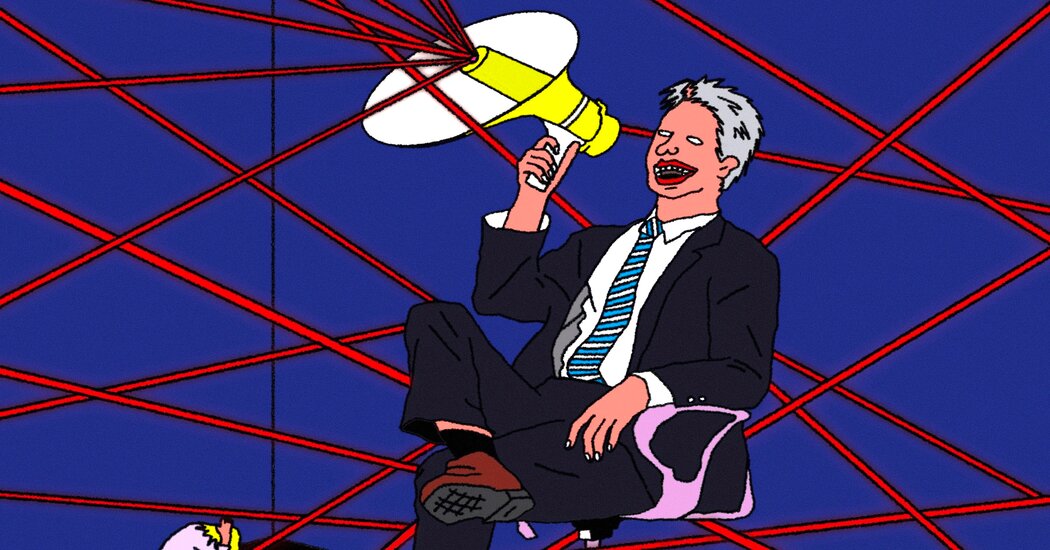
Bill Ackman, the billionaire hedge fund manager, is an annoying and persistent contrarian. Not content just to help oust Harvard’s president Claudine Gay on charges of plagiarism, and for making public statements he disapproved of, he’s been using his social media presence (including his 1.2 million followers on X) to campaign for the removal of Sally Kornbluth as the president of M.I.T.
Whether you think Mr. Ackman is a billionaire blowhard or a courageous iconoclast, he is part of a paradigm shift in social media, where rich people are increasingly able to convert financial capital into social capital. He’s hardly even the first or most outrageous beneficiary of this unfortunate reality: That distinction probably belongs to his fellow billionaires Donald Trump and Elon Musk, who, like Mr. Ackman, have also discovered that unfiltered, limitless social media platforms are heaven for those with unconventional opinions and God complexes.
But why do wealthy people like Mr. Ackman make such a fuss on X, posting lengthy diatribe after lengthy diatribe? His passion for the platform, especially since Mr. Musk bought it, suggests that he wants to enlist in his battles more than just other wealthy donors to Harvard and to M.I.T. He wants to reach the public, a public that doesn’t enjoy the same freedoms on social media that he does.
Pierre Bourdieu, the great French scholar of social distinction, posited that individuals could convert money into various forms of social standing and vice versa, but that the conversion would not be perfect. If you think of this conversion as an exchange rate, what’s happening today is that the rich are cashing in on one of the most favorable opportunities ever offered to turn their wealth into buzz and status on social media and then into outsize societal power and influence.
I believe this is happening for two reasons: First, I’m embracing a theory in the world of social networking known as “preferential attachment”: The tendency for the rich to get richer applies not only to money, but also to the ability of the well connected to garner more attention. Second, I believe that vast wealth uniquely insulates the rich from the consequences of their speech. All gas, no brakes.
The Supreme Court’s 2010 Citizens United decision — which declared that political spending is a protected form of free speech — started as a legal judgment, but is slowly becoming a cultural norm as well, as an increasing number of media outlets, among them X and the Sinclair Broadcast Group, have wealthy owners, some of whom delight in taking a distinctly hands-on approach to making their own politics the politics of the platforms they own.
This post was originally published on this site be sure to check out more of their content







